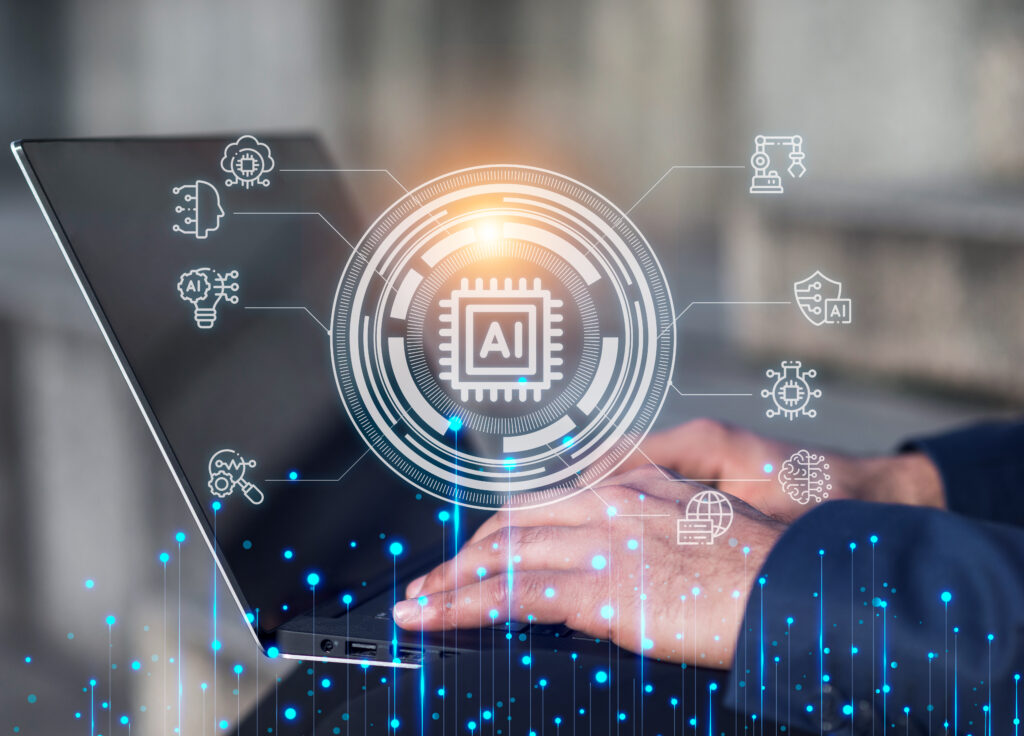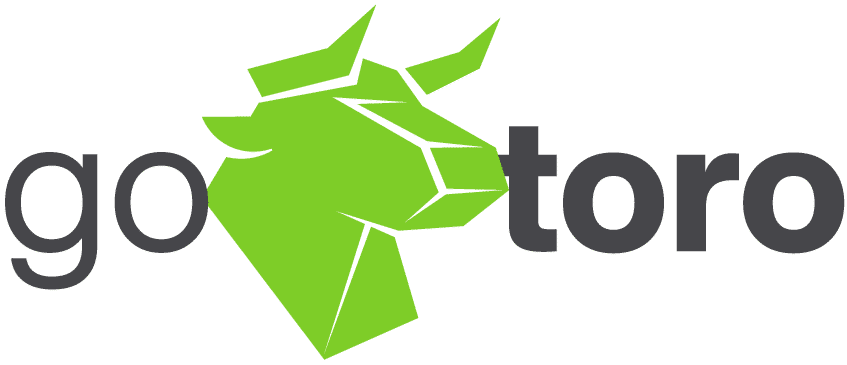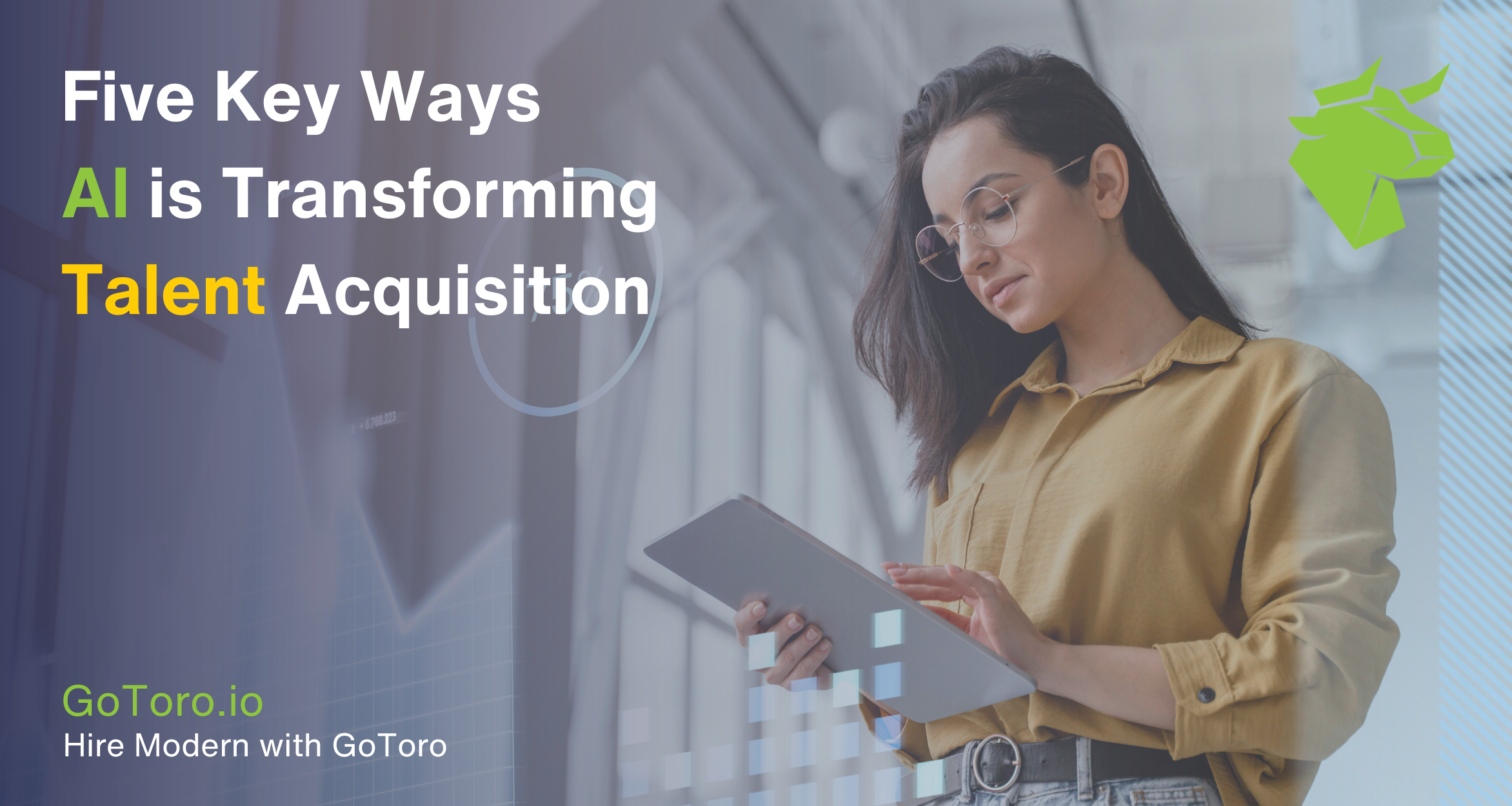The Evolving Role of AI in Modern Recruitment
In the ever-evolving landscape of talent acquisition, Artificial Intelligence (AI) has emerged as a game-changer, revolutionizing how companies attract, evaluate, and hire talent. The integration of AI in talent acquisition is not just a trend but a significant shift, enhancing the recruitment process’s efficiency, accuracy, and fairness. From automating mundane tasks to providing deep insights into candidate capabilities, AI is redefining the boundaries of modern recruitment.

The Importance of AI in Talent Acquisition
The advent of AI in talent acquisition has been a catalyst for transformation in the HR industry. By automating time-consuming tasks such as resume screening and initial candidate communications, AI frees up valuable time for recruiters to focus on more strategic aspects of their role. More importantly, AI-driven tools are equipped to handle vast amounts of data, providing insights that human recruiters might overlook. This capability is crucial in identifying the best candidates in a talent pool that is becoming increasingly global and diverse. Moreover, AI’s role in reducing unconscious biases presents an opportunity for a more inclusive recruitment process, ensuring a level playing field for all candidates.
1. AI-Powered Job Descriptions
AI is revolutionizing the creation of job descriptions, a critical starting point in the recruitment process, with AI-generated descriptions at the forefront. AI-powered tools analyze successful job listings and employ data-driven insights to craft AI-generated descriptions that are clear, inclusive, and appealing to top talent. These AI-generated descriptions focus on using precise language and optimizing for relevant keywords to ensure higher visibility in search results. This method of using AI-generated descriptions not only attracts a broader range of applicants but also helps in maintaining language that is free from unconscious biases, thus promoting diversity in the applicant pool.
Furthermore, these AI-generated job descriptions are tailored to align with the organization’s specific needs and culture. By suggesting the most relevant skills and qualifications, based on historical hiring data and current industry trends, AI-generated descriptions ensure that the job descriptions accurately reflect the role and the company. This precision in AI-generated descriptions about what the organization seeks in a candidate significantly improves the quality of applications, leading to a more efficient and effective talent acquisition process
2. Candidate Sourcing

In the realm of talent acquisition, AI has revolutionized how companies source candidates. Advanced AI algorithms actively scour the internet, including job boards, social media, and professional networks, to identify potential candidates who may not even be actively looking for new opportunities. This proactive approach expands the talent pool beyond the traditional methods of candidate sourcing.
Additionally, AI-powered sourcing tools are capable of learning and adapting. They analyze the hiring trends and preferences of an organization and continually refine their search criteria. This not only ensures a more precise match of candidate skills and company needs but also saves a significant amount of time that recruiters would otherwise spend on manual sourcing.
3. Candidate Engagement and Relationship Management
In the competitive world of talent acquisition, maintaining candidate engagement is crucial. AI-powered systems excel in this aspect by providing timely and personalized communication throughout the recruitment process. Whether it’s updating candidates on their application status or providing feedback post-interview, AI ensures that candidates remain informed and engaged.
Moreover, AI can manage and nurture long-term relationships with candidates, even those not selected for the current roles. By keeping in touch and regularly updating them on relevant opportunities, AI helps build a pool of warm leads that can be tapped into for future vacancies. This not only enhances the candidate experience but also streamlines the recruitment process for upcoming roles.
4. Unbiased Hiring: AI’s Role in Bias Reduction

The pursuit of unbiased hiring is significantly advanced by the integration of AI in the recruitment process. AI’s ability to mitigate unconscious biases is a pivotal step towards a more equitable and diverse workforce. In traditional hiring processes, subtle biases can inadvertently influence decisions, leading to homogeneity in teams and potentially overlooking highly qualified candidates. AI systems, however, are programmed to evaluate candidates based solely on their skills, experience, and relevant qualifications, ensuring a truly objective assessment.
This commitment to unbiased hiring through AI fosters a workplace environment rich in diversity and inclusivity. By prioritizing merit in candidate evaluations, organizations are able to assemble teams that represent a wide spectrum of perspectives and backgrounds. This diversity is not just a moral imperative but a business one too, as it leads to increased creativity, broader problem-solving approaches, and innovation within the organization. AI, in this context, becomes an invaluable tool in building a workforce that is diverse, skilled, and aligned with the principles of unbiased hiring.
5. Automated Interview Scheduling: Streamlining Recruitment Processes
Automated interview scheduling is a key application of AI in recruitment, significantly streamlining the hiring process. This technology eradicates the often time-consuming task of coordinating interviews between candidates and hiring teams. By integrating AI-driven tools, organizations can optimize for automated interview scheduling, ensuring a more efficient and candidate-friendly experience. These tools can sync with the calendars of all involved parties, automatically propose suitable times, and even reschedule appointments as needed, all without the need for manual intervention.
The impact of automated interview scheduling on the recruitment process is profound. It not only reduces the administrative burden on HR teams but also accelerates the hiring timeline, allowing for quicker decision-making. Candidates appreciate the convenience and responsiveness this technology brings, enhancing their overall experience with the company. By removing the logistical hurdles often associated with scheduling interviews, organizations can focus more on the quality of the interaction with the candidates, fostering a more engaging and effective recruitment process.
The Future of Recruitment
As we’ve explored, AI’s integration into recruitment is much more than a technological upgrade; it’s a paradigm shift towards more sophisticated, fair, and efficient hiring processes. From AI-generated descriptions that attract a diverse pool of applicants to automated interview scheduling that streamlines candidate engagement, AI is at the forefront of this transformation. Its role in facilitating unbiased hiring and efficient candidate sourcing is a testament to its potential in shaping the future of talent acquisition. These AI-driven approaches not only benefit organizations in their quest for talent but also enrich the overall candidate experience.
Embrace the future of recruitment with Gotoro’s programmatic job advertising technology, where AI-driven solutions meet cutting-edge talent acquisition strategies. Discover how our technology can revolutionize your hiring process, from enhancing candidate sourcing to deploying AI for unbiased hiring decisions. Don’t miss the opportunity to see our innovative solutions in action. Request a demo today and step into the new era of AI-enabled recruitment.


